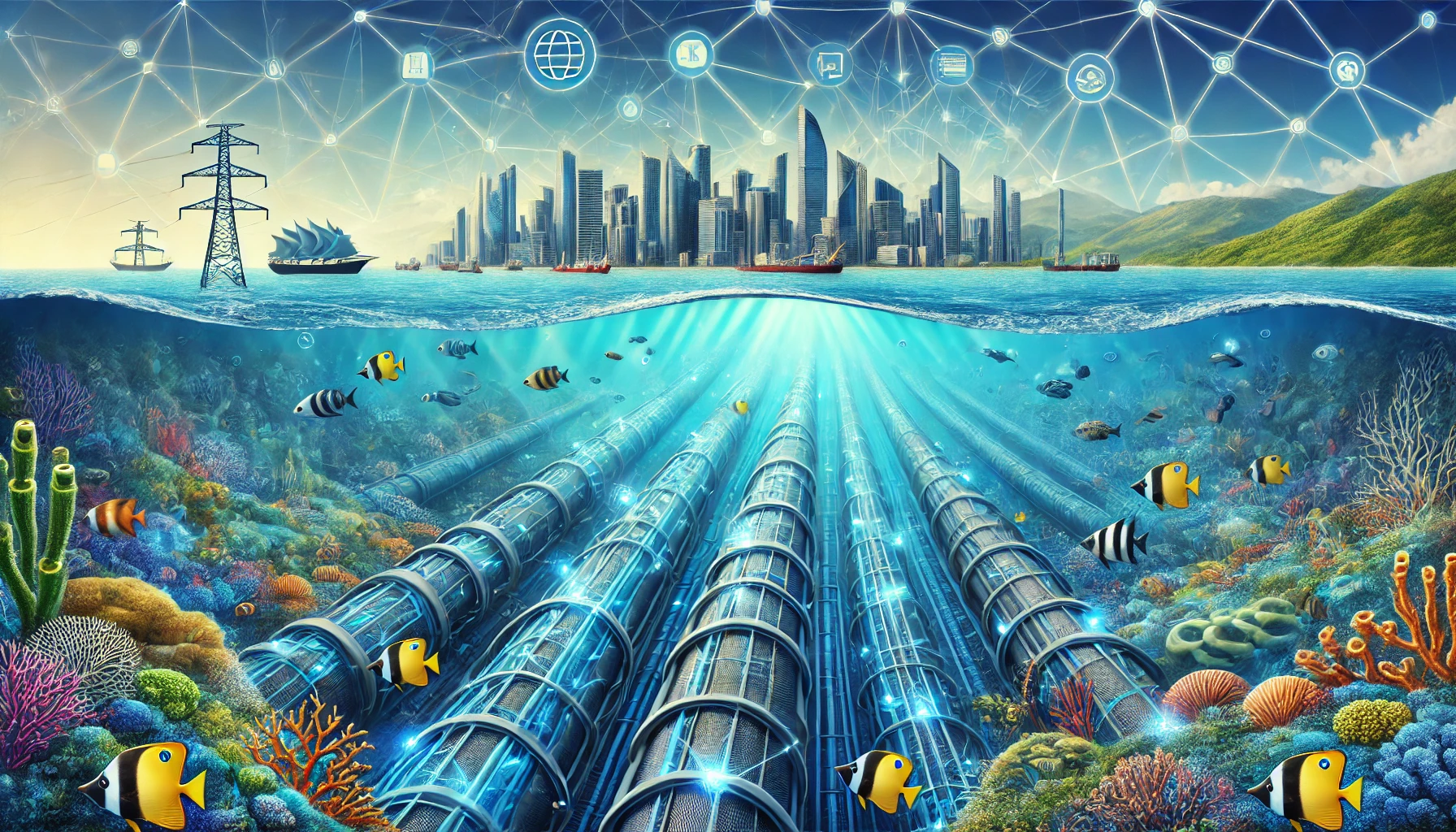Submarine telecommunication cables are the unsung heroes of global communication, responsible for carrying approximately 99% of internet traffic. They support essential services across commerce, finance, education, government operations, and digital health. Despite their critical importance, these cables face significant vulnerabilities, with 150–200 faults reported annually due to factors such as fishing, anchoring, natural hazards, and equipment failure.
To address these risks, the International Telecommunication Union (ITU) and the International Cable Protection Committee (ICPC) have established the International Advisory Body for Submarine Cable Resilience. This initiative is designed to bolster the resilience and security of submarine cables, safeguarding the global digital economy and ensuring uninterrupted services.
Advisory Body’s Mandate and Global Representation
The International Advisory Body will promote best practices, provide strategic guidance, and foster collaboration among governments and industries to mitigate risks to submarine cables. Its key objectives include:
Reducing damage risks: Implementing proactive measures to prevent cable damage from external threats such as shipping and environmental changes.
Enhancing repair and deployment processes: Streamlining procedures to minimize downtime during disruptions.
Addressing aging infrastructure and rising traffic demands: Developing strategies to upgrade and expand the submarine cable network.
The Advisory Body consists of 40 global members, including ministers, regulatory heads, and telecom experts. Its inclusive representation ensures that the perspectives of small island nations and large economies are addressed. This diversity is critical as the livelihoods of many depend on the uninterrupted functioning of submarine cables, which also connect remote regions to the global internet.
Leadership and Upcoming Meetings
The Advisory Body will be co-chaired by:
H.E. Minister Bosun Tijani, Nigeria’s Minister of Communications, Innovation, and Digital Economy.
Prof. Sandra Maximiano, Chair of the Board of Directors at Portugal’s National Communications Authority (ANACOM).
The group will meet at least twice annually to discuss international policies, infrastructure challenges, and strategies for improving cable resilience.
The first virtual meeting is scheduled for 12th December 2024.
A Submarine Cable Resilience Summit will follow in Abuja, Nigeria, in February 2025, offering a platform for deeper discussions and collaboration.
India’s Strategic Role in Submarine Cable Networks
India serves as a vital hub in the global submarine cable network, hosting 17 international subsea cables across 14 landing stations in key coastal cities like Mumbai, Chennai, Cochin, Tuticorin, and Trivandrum.
As of 2022, these cables had:
138.606 Tbps total lit capacity.
111.111 Tbps activated capacity.
Leading Indian Telecom Operators in Submarine Cable Infrastructure:
Tata Communications: Operates five landing stations in Mumbai, Chennai, and Cochin.
Global Cloud eXchange: Has stations in Mumbai and Trivandrum.
Reliance Jio: Operates stations in Chennai and Mumbai, with new cables in development.
Bharti Airtel: Hosts landing points for significant projects like 2Africa/EMIC-1 and SEA-ME-WE 6 in Chennai and Mumbai.
Sify Technologies and BSNL: Manage several landing stations.
Vodafone and IOX: IOX plans to establish a new landing station in Puducherry to enhance connectivity.
Strengthening the Backbone of Global Connectivity
The ITU and ICPC’s initiative underscores the importance of protecting submarine cables as the foundation of the digital economy. By addressing existing vulnerabilities and preparing for future challenges, the International Advisory Body aims to ensure seamless global communication and economic growth.
With a growing reliance on digital connectivity, enhancing the resilience of this critical infrastructure is not just a necessity but a global imperative.

